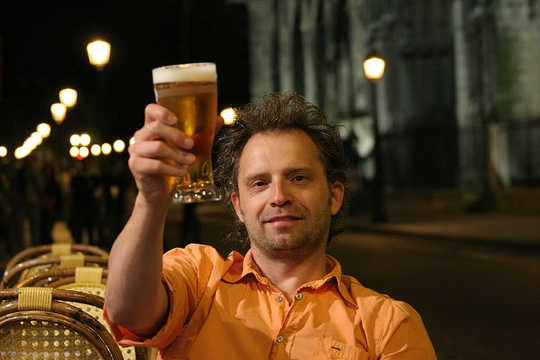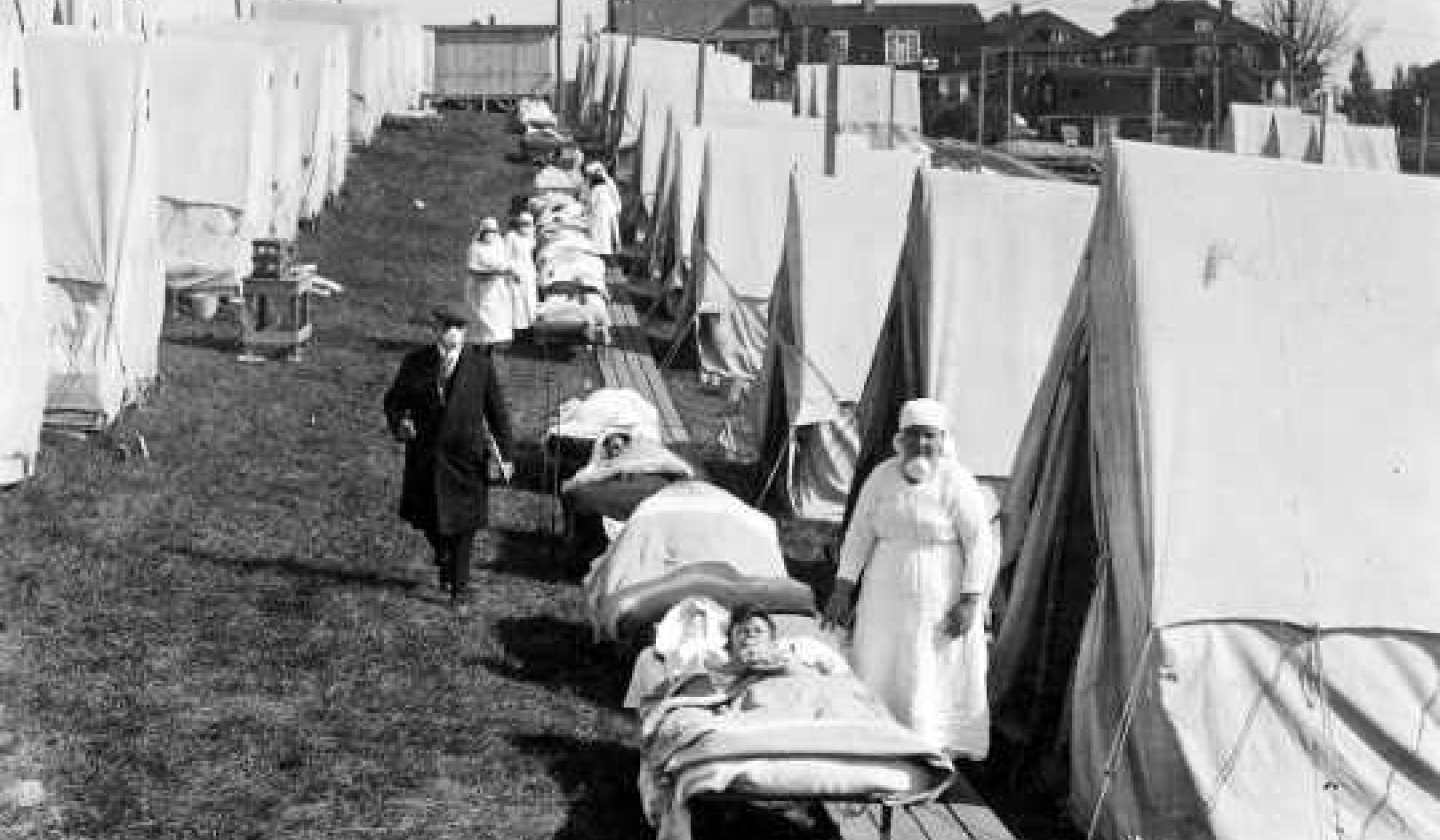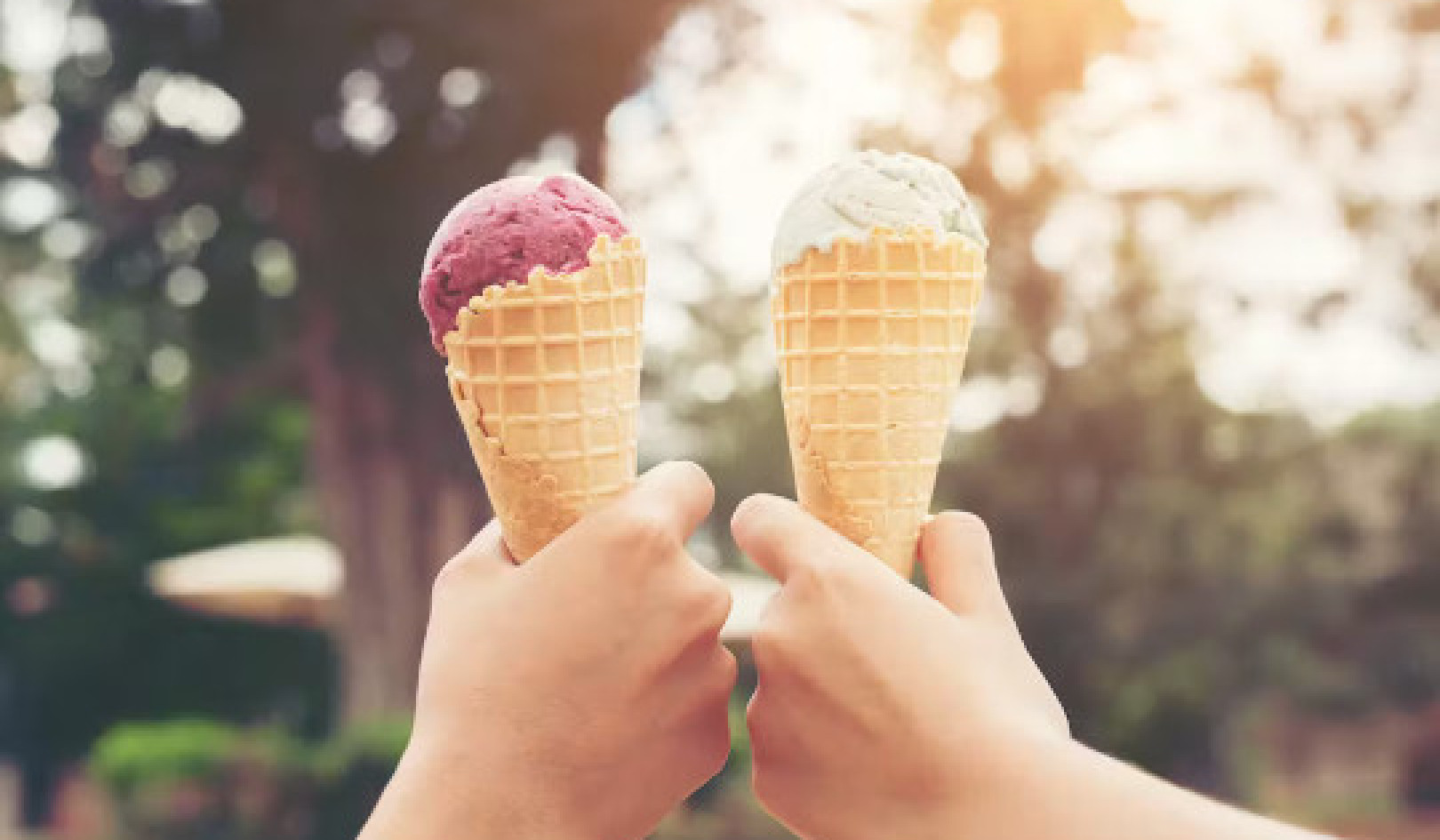 You can mix “the grape and the grain” and avoid a hangover if you drink in moderation. Erwyn van der Meer
You can mix “the grape and the grain” and avoid a hangover if you drink in moderation. Erwyn van der Meer
As a general practitioner, I hear a lot of colourful advice from my patients about what they believe constitutes “safe” drinking and how to avoid a nasty hangover.
Some of the more pithy sayings – “beer before liquor, never been sicker; liquor before beer, you’re in the clear” and “never mix the grape and the grain” – have become part of our vernacular and perpetuate the myth that you can avoid a hangover if you stay away from spirits, or don’t mix drinks, unless it’s in a particular order.
Curiously, the precise physiological factors that cause hangovers are not well understood. We know that a heavy night of drinking can disturb your sleep, irritate your stomach and intestines, and leave you dehydrated and low on blood sugar. However, it’s unclear how much of the hangover is due to alcohol’s direct effect on the body and how much is attributable to after effects (such as alcohol withdrawal).
There is some evidence that congeners – compounds produced during alcohol production that contribute to its flavour, smell and appearance – promote hangovers. Early research in the 1970s suggested that drinks containing more congeners (such as bourbon) were associated with a higher rate of hangover than drinks that contain fewer (vodka, for instance). These findings may have given credence to the idea that avoiding spirits could save you from a hangover.
But even if congeners contribute to a hangover, the ethanol (alcohol) itself has a much stronger effect on your body. In a recent experiment that assessed the severity of hangovers, the participants who drank vodka (which has virtually no congeners) had an impressive rate of hangover that was not different to the bourbon drinkers.
The researchers concluded that the most important factors that affect whether you get a hangover (and the severity of symptoms) are the total amount of alcohol and the rate at which it is consumed. For the most part, we should assume that one standard drink of vodka, bourbon, beer and wine contribute equally to the likelihood of hangover, even if you mix your drinks.
Around three in ten young adults who drink more than 12 standard drinks won’t get a hangover.
But even if you’re one of the lucky few who don’t show symptoms, the current National Health and Medical Research guidelines recommend healthy adults consume no more than two standard drinks a day, or four on a single occasion of drinking. One can, bottle or schooner of full strength beer and a typical restaurant serving of wine is equivalent to 1.5 standard drinks, so it’s easy to exceed these guidelines.
If you are planning to have a few drinks, there are a few things you can do to lessen the impact on your body.
Drinking on an empty stomach may may worsen a hangover due to the rapid absorption of alcohol from the small intestine. Eating first may slow down the alcohol absorption. But eating after a drinking session isn’t likely to do much good from a hangover perspective.
Dehydration contributes to hangover symptoms, so stay hydrated (with water, not more booze!). Slowing down the consumption of alcohol by alternating between “hard” and “soft” drinks can be a useful strategy to pace yourself.
Despite the copious folk remedies, home concoctions, herbal supplements, and plain quackery to “cure” hangovers, there is no good evidence that any of these methods work. The only way to guarantee you won’t get a hangover is to avoid drinking altogether. If you do enjoy a drop, a little common sense goes a long way.![]()
About The Author
Michael Tam, Lecturer in Primary Care and General Practitioner, UNSW
This article is republished from The Conversation under a Creative Commons license. Read the original article.
Related Books
at InnerSelf Market and Amazon


























